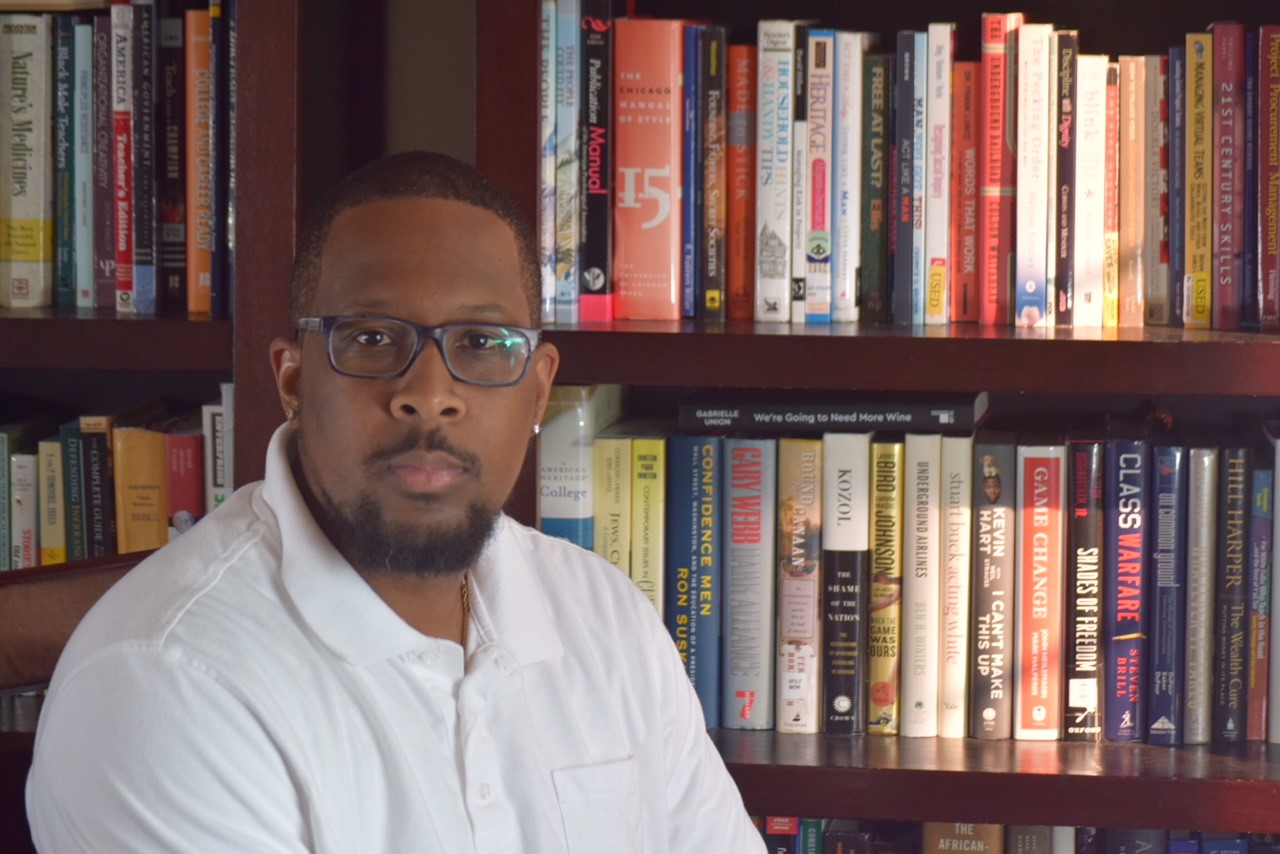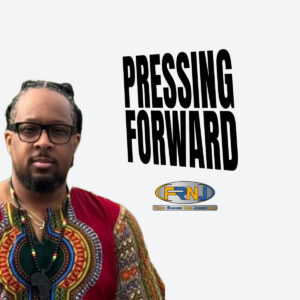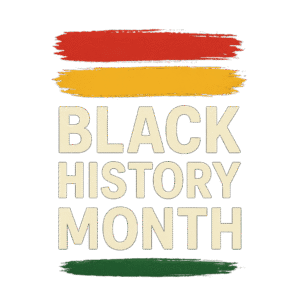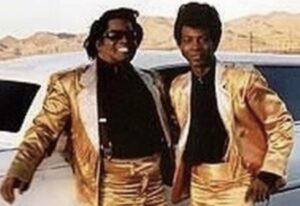Rann Miller: Representation May Just Matter Where NJ’s Police Are Concerned

Rann Miller
BY RANN MILLER | Guest Blogger AC JosepH Media
This month, the NAACP held its annual convention in Atlantic City. The convention was an opportunity for stakeholders in the Black community to discuss the issues impacting our community locally, regionally, and nationally.
I personally had an opportunity to participate in a panel discussion involving education. I also got an opportunity to attend a number of different panel discussions, including a discussion on understanding the criminal justice system today.
The panelists shared their thoughts about the experience of Black people concerning criminal justice and ways that the system can improve to adequately dispel justice within our society. It made me think about criminal justice in Camden County, as well as statewide; I asked myself the question what does actual justice within this system looks like for Black people.
I recently read an opinion piece in the Courier Post newspaper, Camden County’s newspaper of record, from recently appointed Camden County Police chief Gabe Rodriguez. He spoke about how hiring women officers would make more for more impactful results where policing in the state of New Jersey is concerned. He highlighted findings from a 2019 study; showed how increases in women officers yields higher rates of reporting violent crimes against women.
On the heels of the criminal justice panel at the NAACP convention, along with Chief Rodriguez’s opinion column, I reflected on the need for more Black police officers; specifically, that hiring more officers can help more Black people; specifically from being brutalized by law enforcement.
Initially, I was without the data to substitute the claim that there are few Black police officers. But Chief Rodriguez cited a report from the NJ Attorney General’s office on the statewide data on law enforcement demographics to highlight the lack of women officers within the state. That report also shows that Black people are underrepresented throughout the 530 law enforcement departments in New Jersey as well within the New Jersey state police.
When I say underrepresented, I mean the percentage of Black officers in relation to the population of Black people in the state.
My thought isn’t that having more Black police officers will facilitate Black people and reporting more crime. Black people reporting crime was never the problem as folks say that it is. According to Dr. Javon Fortner’s Black Silent Majority, Black people — as a result of systemic racism facilitating their economic and housing circumstances — contributed to what Michelle Alexander labeled the New Jim Crow, willingly or otherwise.
My thought is that more Black police officers will reduce the incidence of police brutality against Black people in New Jersey.
NJ.com’s Projects and Investigations team conducted a 16-month investigation tracking police force practices amongst local departments from 2012 to 2016. What they found is that hundreds of New Jersey police officers are using force at alarming rates and the state is not tracking it. According to their report, it was found that statewide a Black person were three times more likely to face police force than someone who is white. Also, Black people we’re more than twice likely to be shot, more likely to be pepper-sprayed, and more likely to be injured or hospitalized than white people as a result of a police encounter.
In my municipality, only 5% of the police officers are Black whereas 93% of police officers who are white. The population of Black people where I live is 18%, yet — based on the population — a Black person is 270% more likely to have force used on them than a white person where I live. While the number of use of force incidents has been on the decline, our department still uses force higher than 400 other police departments; that’s out of 530 police departments.
While I agree with Chief Rodriguez, it’s equally important that more Black police officers are hired throughout the state. This is not to say that having more Black officers is a guarantee that Black people won’t face police brutality. But it is to say that representation matters. In my industry of education, the data shows that when a Black student has a Black teacher they are less likely to be suspended from class.
Certainly, teaching isn’t policing, but the school-to-prison pipeline is a reality and a Black teacher by virtue of their presence is an obstacle for the perpetuation of the school-to-prison pipeline.
While I have not done a full analysis of every police department according to the data pools, I am pretty certain that the Black officers are underrepresented in the vast majority of police departments throughout the state, relative to the municipal population of Black people; and Black people are more likely to face use of force. This must be addressed a short-term solution is to increase the number of Blacks in law enforcement.
At the same time, we can have conversations while planning around the need to reducing police budgets, reduce police presence, eliminate police surveillance, while creating avenues to attend to mental health matters and also incorporate restorative justice initiatives within communities and remove punitive “solutions” as the go to strategy.
In other words, we can increase Black officers around the state while pushing for public policies that put the “justice” in criminal justice.
Fairness and justice caging people. Rather fairness and justice is meeting the needs of people and providing them the help that they need so their needs are met. That’s a broader conversation to have but in the meantime, what can be done immediately is increase Black representation to reduce Black people being brutalized.
In my humble opinion, the goal of policing should never be about simply maintaining law and order over facilitating community amongst people whereby fairness and justice is the goal. When that’s not happening, we ought to abolish law enforcement. Some might argue that’s not happening anywhere, particularly in Black communities, therefore those departments ought to be abolished.
So be it.
Bio: Rann Miller directs the 21st Century Community Learning Center, a federally funded after-school program located in southern New Jersey. He spent years teaching in charter schools in Camden, New Jersey. He is the creator, writer, and editor of the Official Urban Education Mixtape Blog. Follow him on Twitter: @UrbanEdDJ.
Follow Us Today On:
Subscribe to FRNJ EXTRA premium content newsletter for exclusive information on this event and other premium content, courtesy of Front Runner New Jersey!
Note from AC JosepH Media: If you like this story and others posted on Front Runner New Jersey.com, lend us a hand so we can keep producing articles like these for New Jersey and the world to see. Click on SUPPORT FRNJ and make a contribution that will do directly in making more stories like this available. Thank you for reading!





